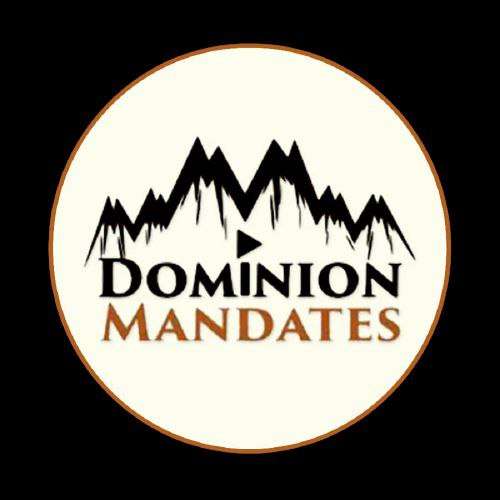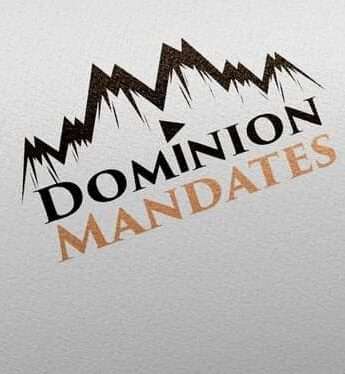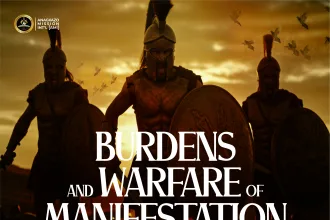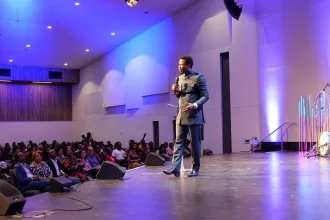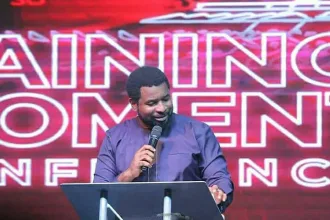![]()
Throughout history, the Church has embraced new technology to spread the Gospel and manage resources efficiently. From the printing press, which made the Bible accessible to the masses, to radio, television, and the internet, technology has consistently played a role in fulfilling the Great Commission. Now, we stand at the forefront of another technological revolution: blockchain and cryptocurrency.
As digital finance evolves, many Christians are asking whether these innovations align with biblical principles. Can blockchain technology be a blessing to the Church, or does it pose spiritual and ethical risks? While the world embraces digital currency, it is essential to consider how believers can use this tool for God’s glory.
The Bible reminds us in Proverbs 3:9,
“Honor the Lord with your wealth and with the firstfruits of all your produce.”
This means that every financial decision—including the adoption of blockchain—should be rooted in godly wisdom and stewardship.
Understanding Blockchain and Cryptocurrency in Simple Terms
Blockchain is a decentralized digital ledger that records transactions across multiple systems, making it transparent, tamper-proof, and secure. Unlike traditional financial institutions that rely on banks, blockchain operates independently, enabling peer-to-peer transactions without intermediaries.
Cryptocurrency, on the other hand, is a digital currency that functions on blockchain technology. Unlike traditional money, which is regulated by governments, cryptocurrency is decentralized, allowing individuals to store, send, and receive money without interference. Some well-known cryptocurrencies include Bitcoin, Ethereum, and stablecoins.
For the Church, this raises a crucial question: Can this technology be harnessed for good? The answer depends on how it is used and the intentions behind its application.
The Potential Benefits of Blockchain for the Church
While cryptocurrency is often linked to investment and trading, blockchain has practical applications that could revolutionize church operations, financial accountability, and outreach.
One of the most promising aspects is financial transparency. In many churches, concerns about financial mismanagement or lack of accountability have caused division and loss of trust among members. With blockchain, every financial transaction is permanently recorded, making it nearly impossible to manipulate or hide funds. This level of transparency can enhance trust between church leaders and congregants, ensuring that donations and tithes are used responsibly.
Another advantage is borderless giving. Missionaries and churches in developing countries often face high banking fees and delays when receiving international donations. Blockchain technology allows for instant, low-cost transactions, meaning that support for ministries, relief efforts, and charity programs can reach recipients faster and more efficiently. This could be life-changing for persecuted Christians, underground churches, and communities that lack access to traditional banking systems.
Moreover, blockchain enables the use of smart contracts, which are self-executing agreements that automatically release funds when predefined conditions are met. This could streamline church projects, fundraising initiatives, and charitable endeavors, ensuring that donations are used exclusively for their intended purpose.

Challenges and Ethical Concerns
Despite its benefits, blockchain and cryptocurrency come with risks that Christians must carefully consider. One of the most pressing concerns is financial volatility. Unlike traditional currencies, which are backed by governments, cryptocurrencies are subject to rapid and unpredictable value changes. This makes them risky for long-term financial planning, particularly for churches or ministries that depend on stable income.
Another challenge is the increase in fraudulent schemes associated with cryptocurrency. Many unsuspecting believers have fallen victim to crypto scams, pyramid schemes, and get-rich-quick opportunities disguised as “kingdom investments.” The Bible warns us in 1 Timothy 6:10:
“For the love of money is the root of all kinds of evil.”
This serves as a reminder that greed and impatience can lead to financial ruin, even in well-intentioned pursuits. The Church must encourage wisdom and discernment, ensuring that any engagement with blockchain aligns with biblical principles of honesty and stewardship.
There is also a moral dimension to consider. Some cryptocurrencies have been linked to illicit activities, including money laundering and funding illegal enterprises. Christians must ensure that their financial transactions do not contribute to unethical or ungodly causes. Before investing in or using blockchain technology, it is essential to seek God’s wisdom, research thoroughly, and consult with trusted Christian financial experts.
A Biblical Approach to Blockchain and Cryptocurrency
As believers, our financial decisions should reflect God’s wisdom rather than follow trends or societal pressures. So how can Christians responsibly engage with blockchain while remaining aligned with biblical values?
- Pray for Discernment – Before investing in or using cryptocurrency, seek God’s guidance. Ask whether it aligns with your purpose and kingdom priorities.
- Be a Faithful Steward – Just as with any financial resource, blockchain should be used ethically and wisely, not recklessly or out of greed.
- Educate Yourself and Others – Many Christians are unaware of the risks and benefits of cryptocurrency. The Church should create financial literacy programs to guide believers in responsible decision-making.
- Use Blockchain for Kingdom Purposes – If used correctly, blockchain could enhance charity work, fund missionary efforts, and build transparent financial systems that honor God.
- Avoid Unethical Investments – Stay away from deceptive crypto schemes and businesses that promote dishonesty, exploitation, or ungodly values.
Deliverance from Financial Deception and Greed
If you have engaged in unwise financial dealings, invested in deceptive schemes, or placed your trust in unstable financial systems, there is hope for deliverance and restoration.
- Repent – Acknowledge any wrong financial decisions and seek God’s mercy.
- Renounce Greed – Declare that money will not control your heart or decisions.
- Align Your Finances with God’s Will – Commit to honoring God with your wealth and prioritizing kingdom-minded investments.
- Break Free from Financial Bondage – Pray against financial curses, reckless spending, and deception, declaring God’s provision and wisdom over your finances.
- Seek Wise Counsel – Surround yourself with godly mentors and financial advisors who can help you make informed decisions.
Prophetic Decree: Walking in Financial Wisdom
I decree and declare that I will honor the Lord with my finances. I break free from financial deception, greed, and poor stewardship. The spirit of wisdom shall guide my financial decisions, and I will use every resource entrusted to me for the glory of God. My finances are blessed, my investments are secure in Christ, and I will walk in divine provision all the days of my life. In Jesus’ name, Amen.
Conclusion: Should the Church Embrace Blockchain?
Blockchain and cryptocurrency are powerful tools that, when used wisely, can enhance financial transparency, facilitate global giving, and support kingdom missions. However, they must be approached with caution, biblical discernment, and ethical responsibility.
Instead of blindly accepting or rejecting new technology, Christians should evaluate how it aligns with biblical principles. The goal is not to chase trends or financial gains but to use every available resource for the advancement of God’s kingdom.
As technology continues to evolve, may the Church remain spirit-led, financially wise, and kingdom-focused in all matters concerning wealth and resources.
